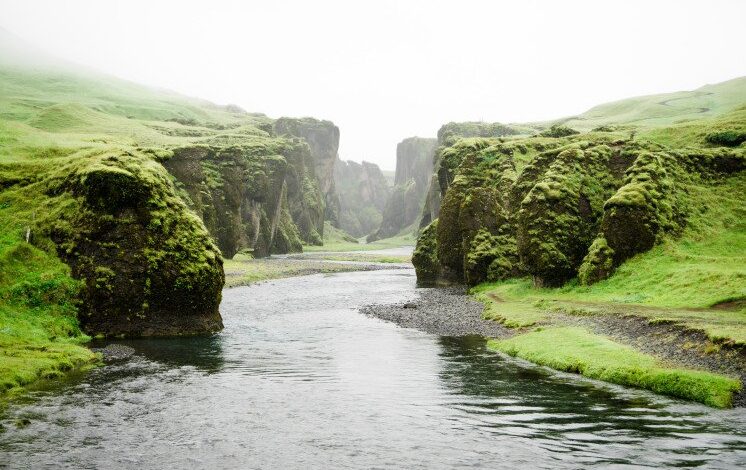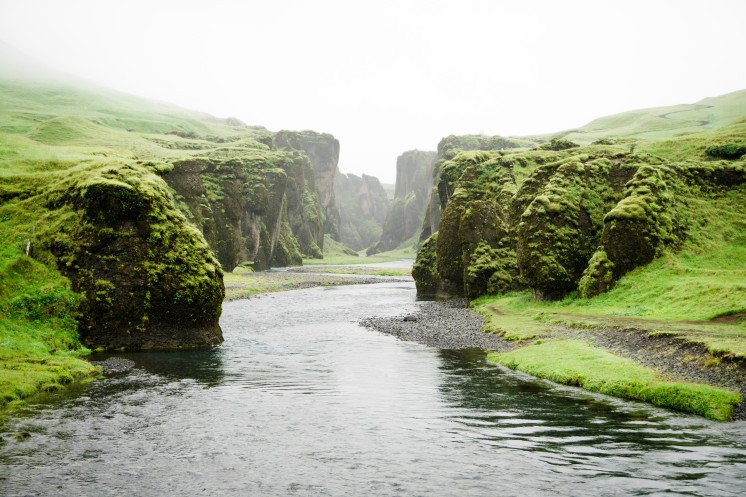Get involved | The Diocese of Chelmsford

[ad_1]
One of the ways we can work towards a more environmentally sustainable world is by trying to influence those who have the power to make substantial changes that will address climate change, nature loss and pollution. The latest entry below is on how we might do this in the run up to the General Election.
The General Election 2024
To help individuals and churches who want to raise issues around climate change and nature loss with their parliamentary candidates and with others during the run-up to July 4th, the Church of England Central Envirnoment Team have compiled a list of five key asks that people can use in a variety of ways. For example one or more ask could be raised with a candidate or party member on the doorstep, or as a basis for a question to ask at a hustings event or a letter to candidates, or as a starting point for comment on social media or in discussion with family and friends, or as a starting point for intercessions, or as a focus for a discussion at church.
Energy efficient and low carbon homes. Ensure all new build houses are built to net-zero standards and fund the retrofitting of all public sector housing to increase energy efficiency. This means that new homes should be highly energy efficient and run without using fossil fuels, and existing homes become easier and cheaper to keep warm and dry. More information here.
Leave fossil fuels behind and invest in renewable energy. Stop investment and exploration in new sources of fossil fuel extraction. Instead focus on moving to new, renewable technology and improving the capacity and resilience of the National Grid. More information here.
Loss and Damage Fund. Keep the UK’s promise to support a fund for countries which have already suffered loss of lives, homes and livelihoods because of climate change, including a commitment of financial support from the UK. More information here.
Nature Recovery. Keep the UK’s promise to halt and reverse the loss of wildlife and manage 30% of the land and sea for nature by 2030. Known as 30 by 30, the UK joined this global pledge when it was agreed at the biodiversity COP15 in December 2022. The Nature 2030 campaign sets out 5 actions needed to keep this pledge. More information here.
Support the Climate and Nature Bill. This is a bill which aims to join up the climate and nature crises, cut emissions, halt the decline of nature and ensure this is all done fairly and with the involvement of the UK public. More information here.
The Eco Church scheme enable churches to demonstrate that the gospel is good news for the whole of God’s creation.
There are many actions our churches can take to reduce waste, encourage biodiversity, and reducing carbon emissions. These actions can be small, for example stopping using disposable cups, including the environment more in intercessions or planting wild flowers, or large, for example installing solar panels and heat pumps. To help churches to consider what actions they might take, starting with smaller actions and building up to larger ones, A Rocha set up Eco Church.
A third of all churches in the Diocese have registered for Eco Church via the A Rocha website. A Rocha provide a wealth of resources to help churches consider their environmental credentials in five separate areas. For more information about the scheme and how to get started, go to the “Getting Started with Eco Church” section on this webpage.
Can you support tree planting in Kenya?
During the Season of Creation in 2023 we listened to those from around the world talking about the effects of climate change in their countries (scroll down for more information). One of those countries was Kenya. All over Kenya, churches, schools, organisations and individuals are planting trees to mitigate the worst effects of climate change.
Peter Cowley Africa Trust appeal for tree planting in Kenya
28th United Nations Climate Change Conference (COP28) November 30 to December 12, 2023.
The main achievements of COP28 are summarised here.
Listen to our Lead Bishop for the environment, the Rt Rev’d Roger Morris, reflecting on COP28.
Season of Creation and Black History Month 2023
Climate Justice is Racial Justice

In September and October 2023 we organised a series of events covering the Season of Creation and Black History Month. Picking up on the Season of Creation theme “Let Justice and Peace Flow” we explored the relationship between climate justice and racial justice under the umbrella “Climate Justice is Racial Justice.”
The Programme for Season of Creation and Black History Month 2023
The programme (see below) developed from thinking about the effects of climate change which are being disproportionately felt by those who have done the least to cause this change and have the least resources to deal with what they are facing. In fact, the damage falls mostly on people of colour.
In three events during the Season of Creation we heard first-hand about the effects of climate change in different parts of the world and in a fourth event, Jeremy Williams, a writer and campaigner, the author of “Climate Change is Racist: Race, Privilege and the Struggle for Climate Justice”, and the editor of the Christian Climate Action book “Time to Act”, drew together what we had heard, and talked about causes and consequences. During Black History Month we explored the relationship between climate justice and racial justice further through poetry, a day-long study day, and a conversation about what we do next. Our programme is below and you can find recordings of all the sessions on our dedicated “Climate Justice is Racial Justice” page.
Resources
These are resources that we recommended alongside the Season of Creation and Black History Month events in 2023.
Podcasts:
Dr Selina Stone. Fire, Fire, Fire. Black faith and the Environmental Crisis.
In this podcast Dr Stone talks about climate change and the human actions that are leading to recent climate chaos. She says: I explore some of the beliefs which can prevent us from taking our responsibility for creation care seriously. And I discuss how caring for the earth ties in to our wider concerns for social justice.
Videos:
Bishop Qampicha of Marsabit Diocese in Kenya talks to Sandra Eldridge, Chelmsford Diocese Enviromental Officer about The Effects of Climate Change in the Diocese of Marsabit.
This Al Jazeera video describes long term effects of the 2022 Pakistan floods.
These two Christian Aid Videos focus on the links between climate justice and racial justice. The first video is very short. Robert Beckford and others talk about these link. The second video is longer; a panel talk about why racial justice is at the heart of climate justice.
Books and articles:
Jeremy Williams. Climate Change is Racist: Race, Privilege and the Struggle for Climate Justice. Icon Books Ltd. 2021. In this book, the author takes us on a short, urgent journey across the globe from Kenya to India, the USA to Australia – to understand how climate justice and racial justice overlap.
Websites:
Carbon Free 2030
In response to the climate crisis, the Church of England has committed to becoming entirely carbon neutral by 2030. This is an ambitious target and includes all church buildings, offices, church halls, Voluntary Aided church schools, and lots more besides!
Use the links below to find links to our diocesan plan, plus useful tools for parishes and clergy in assessing and reducing carbon consumption.
Parish Return: Energy Footprint Tool
In addition to the normal annual return that parishes are required to make, there is now an extra section which collects data on churches’ energy usage. This information is vital if the diocese is going to be able, both, to know the current level of carbon emissions we collectively produce through our activities, and to measure our progress over the next decade.
The return is very quick and easy to complete. All you will need is your church’s utility bills from the last year and a figure for your total floorspace (this can be found in your last Quinquennial Report).
NB: You will need to login to the Church of England parish returns website to access the tool. Your login details will probably be held by the person who does statistics and finance returrns for your parish. If you don’t have a login, please email statistics@chelmsford.anglican.org to request one.
View the energy footprint tool
Churches getting to carbon net zero by 2030
Getting to net zero carbon emissions in ten years can sound a bit like pie in the sky. After all, most churches have oil or gas fired boilers and no insulation! However, if you are worried that this will cost a fortune, don’t worry. The aim is for us to do what we can, not what we can’t, and we need to be realistic about what we can afford, and what is good value in environmental terms.
The Church of England have produced a guide for churches on how to achieve net zero, which can be accessed here
You can find more information on our dedicated webpage
For individual guidance, please contact the Diocesan Environmental Officer, Revd Sandra Eldridge
ECO church
A great way for churches to become more environmentally sustainable is through the Eco Church Award.
Thousands of churches have joined up to this scheme, including lots from Chelmsford Diocese. To become an Eco Church, a church needs to assess its current ecological credentials using the Eco Church questionnaire, then decide on its own action plan, to reach the Bronze, Silver and Gold awards.
It provides a fun and holistic way at looking at a church’s environmental footprint, and brings people together in the search for ways to make churches environmental hubs.
You can find out more on our dedicated webpage
If you’re on Facebook, why not also join our Greening the Church page for regular updates.
For more information or to report anything wrong with this page please contact Revd. Sandra Eldridge
[ad_2]
Read More



